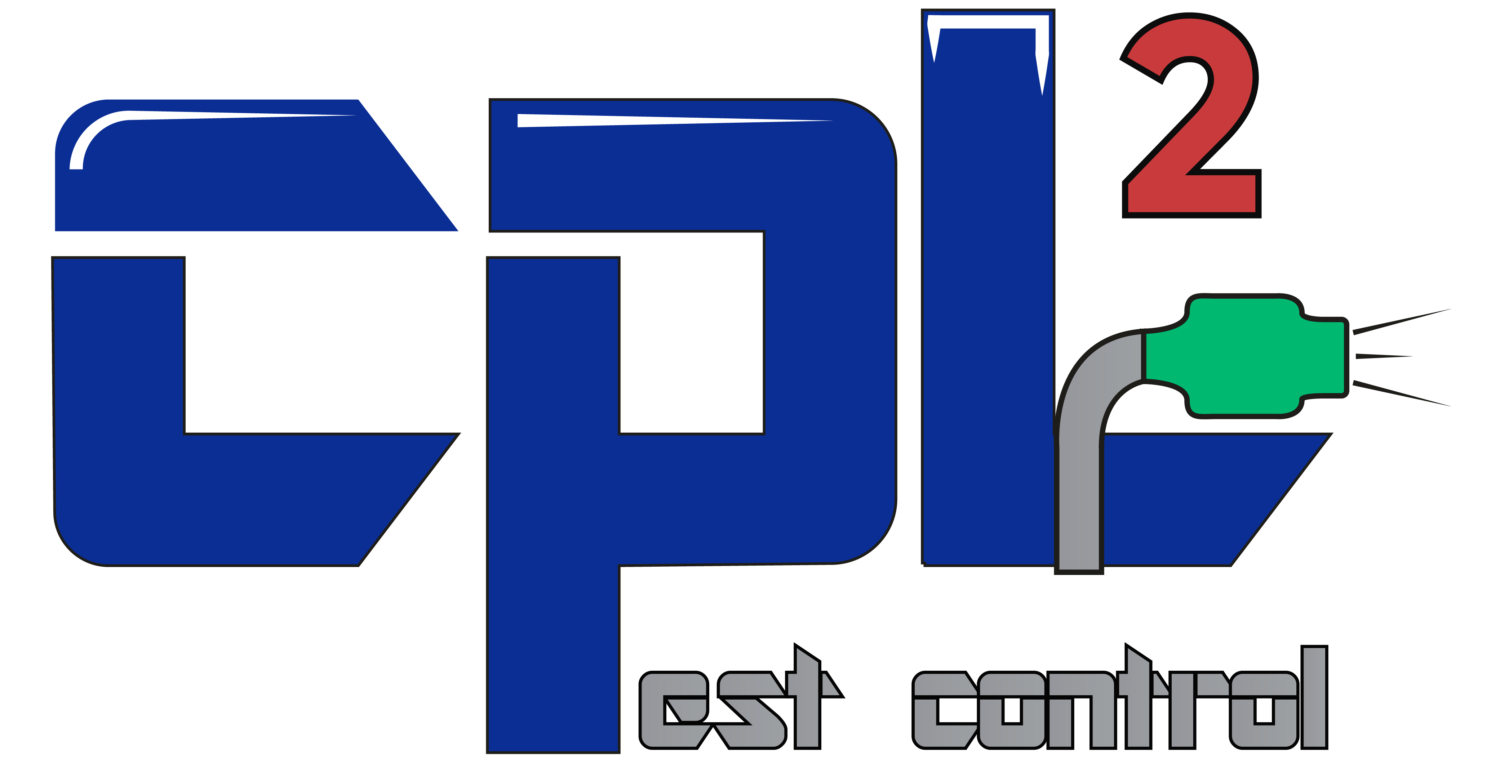Flies are more than just a nuisance; they can pose serious health risks and disrupt daily life for Houston residents and businesses alike. With their rapid reproduction rates and attraction to unsanitary conditions, flies can quickly become a pervasive problem if left unchecked. In this comprehensive article, we’ll delve into what attracts flies to Houston, why their presence is prevalent, how to distinguish them from other insects, the potential dangers they pose, effective home remedies, and most importantly, how CPL Pest Control can provide tailored solutions to ensure fly-free environments for both residential and commercial spaces.
What Attracts Flies to Houston, TX?
1. Food Sources
Flies are attracted to decaying organic matter, including food scraps, garbage, pet waste, and compost. Houston’s warm climate accelerates the decomposition process, creating ample food sources for flies.
2. Moisture
Flies thrive in humid environments, making Houston’s subtropical climate ideal for their proliferation. Standing water, leaky pipes, and damp areas provide breeding grounds for flies to reproduce.
3. Warm Temperatures
Houston’s year-round warm temperatures provide optimal conditions for fly activity. Flies are most active during the spring and summer months when temperatures are consistently high.
4. Waste Management Practices
Improper waste management practices, such as overflowing trash bins, open garbage containers, and inadequate sanitation, can attract flies to residential and commercial properties in Houston.
Why Are Flies More Prevalent in Houston?
1. Urbanization
As Houston continues to grow and urbanize, the proliferation of human activity and infrastructure creates additional opportunities for flies to thrive. Urban environments provide abundant food sources and shelter for flies to breed and multiply.
2. Commercial Establishments
Restaurants, grocery stores, food processing facilities, and other commercial establishments in Houston provide ideal environments for fly infestations due to the presence of food waste and organic materials.
3. Residential Areas
Residential neighborhoods in Houston may experience fly infestations due to factors such as improper waste disposal, pet waste, and neglected yard maintenance. Flies can quickly spread from one property to another in densely populated areas.
Why Are Flies Attracted to Houston Residents and Businesses?
1. Outdoor Activities
Houston residents engaging in outdoor activities such as barbecues, picnics, and gardening may inadvertently attract flies with exposed food and organic waste.
2. Indoor Environments
Flies can enter homes and businesses through open doors, windows, and vents in search of food, moisture, and shelter. Indoor spaces with poor sanitation or hygiene practices are particularly attractive to flies.
3. Pet Ownership
Pet owners in Houston may experience fly infestations due to pet waste and food bowls left outdoors. Flies are attracted to the scent of animal waste and may lay eggs in feces if not promptly cleaned up.
How to Distinguish Flies from Other Insects
1. Physical Characteristics
Flies are characterized by their small size, two wings, and compound eyes. They have a distinctive buzzing sound and may exhibit rapid, erratic flight patterns.
2. Life Cycle
Flies undergo complete metamorphosis, progressing through egg, larva (maggot), pupa, and adult stages. The presence of maggots or pupae may indicate a fly infestation.
3. Feeding Behavior
Flies are attracted to decaying organic matter and may feed on a variety of substances, including rotting food, animal carcasses, and excrement.
The Potential Dangers of Fly Infestations
1. Disease Transmission
Flies can transmit a variety of pathogens and disease-causing bacteria, including E. coli, Salmonella, and Staphylococcus aureus. Contaminated food and surfaces can lead to foodborne illnesses and gastrointestinal infections.
2. Food Contamination
Flies can contaminate food and food preparation surfaces with bacteria, feces, and saliva, posing a health risk to consumers. Infestations in commercial kitchens and food processing facilities can result in product recalls and loss of business reputation.
3. Allergic Reactions
Some individuals may experience allergic reactions to fly saliva, feces, or body parts, resulting in skin irritation, respiratory issues, or other allergic symptoms.
Home Remedies to Combat Fly Infestations
1. Sanitation Practices
Maintain cleanliness and proper sanitation in both indoor and outdoor environments. Clean up spills, dispose of garbage properly, and eliminate standing water to deter flies from breeding.
2. Exclusion Methods
Seal cracks and gaps around doors, windows, and vents to prevent flies from entering indoor spaces. Install screens on windows and doors to keep flies out while allowing for ventilation.
3. Natural Repellents
Use natural fly repellents such as essential oils (e.g., citronella, peppermint, eucalyptus) or vinegar-based sprays to deter flies from landing on surfaces. These natural remedies are safe for use around children and pets.
4. Trap Devices
Set up fly traps or sticky traps indoors to capture flies and reduce their numbers. Place traps near windows, doors, and areas where flies are commonly seen.
How CPL Pest Control Can Help Houston Residents and Businesses
1. Comprehensive Inspections
CPL Pest Control conducts thorough inspections of residential and commercial properties to identify the source and extent of fly infestations. Our trained technicians assess indoor and outdoor areas to pinpoint breeding sites and conducive conditions.
2. Customized Treatment Plans
We develop customized treatment plans tailored to the unique needs of each client and the severity of the infestation. Our integrated pest management approach focuses on targeting flies at all life stages for long-lasting results.
3. Environmentally Safe Solutions
We prioritize the use of environmentally safe pest control methods and products that are effective yet eco-friendly. Our team utilizes targeted treatments to minimize the impact on non-target organisms and the surrounding environment.
4. Preventive Measures
In addition to addressing existing fly infestations, we offer preventive measures to deter future infestations and maintain a fly-free environment. This includes implementing sanitation protocols, exclusion methods, and ongoing monitoring.
Take Action Against Flies Today!
Don’t let fly infestations disrupt your daily life or jeopardize the health and safety of your family, customers, or employees. Call CPL Pest Control at 281-683-6737 and ask to speak with Chris! Our experienced team is dedicated to providing effective solutions to eliminate fly infestations and ensure peace of mind for Houston residents and businesses. Let us help you enjoy a fly-free environment all year round!
3.5
